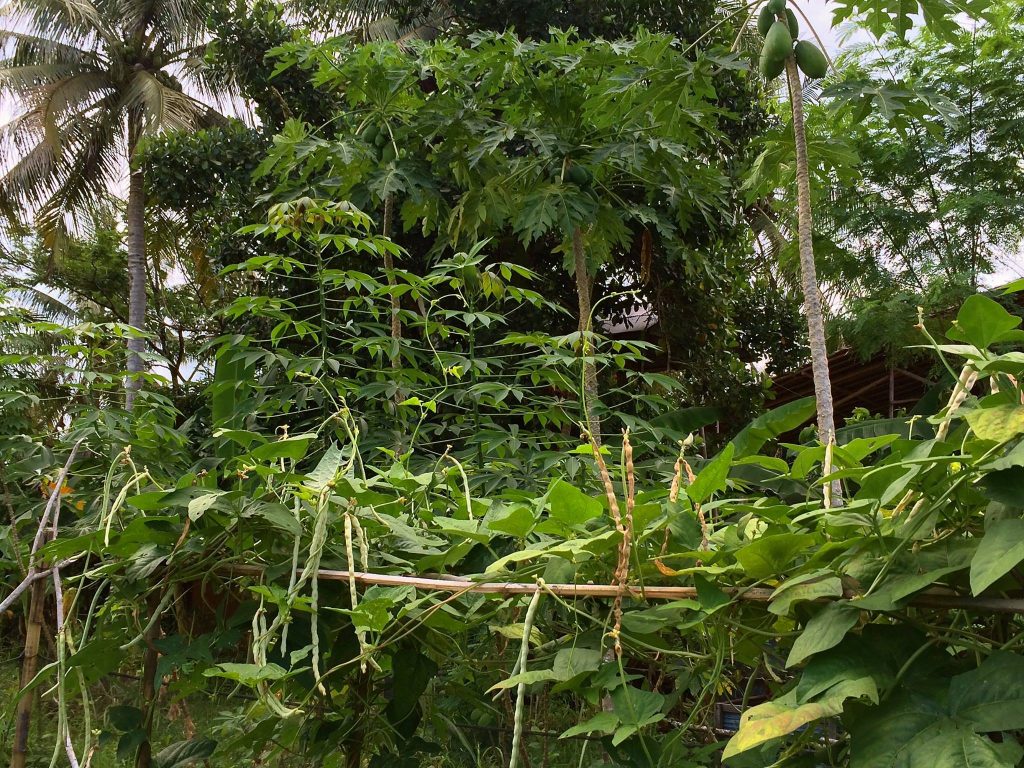What Is Permaculture?

What is Permaculture?
Permaculture (or the Indonesian spelling Permakultur), is an integrated, design system that creates agriculturally productive ecosystems leading to ecological diversity, stability and resilience of natural ecosystems. Permaculture stands for “Permanent Agriculture” or “Permanent Culture” is most commonly known for it’s contribution to organic sustainable gardening and regenerative agriculture, farming and land management practices but it’s scope in theory and application go much further than agriculture, into creating living systems to support the resilience and sustainability of communities.
It is a system that supplies all the needs of humanity — all the basic needs and all the intricate needs — in a way that also benefits the environment. It works from the intimate small space of human habitat right up to the broad, damaged ecosystems which can be repaired with the design science system. The permaculture approach is an ethical one that seeks the harmonious integration of landscape and people providing their food, energy, shelter and other material and nonmaterial needs in a sustainable way.
